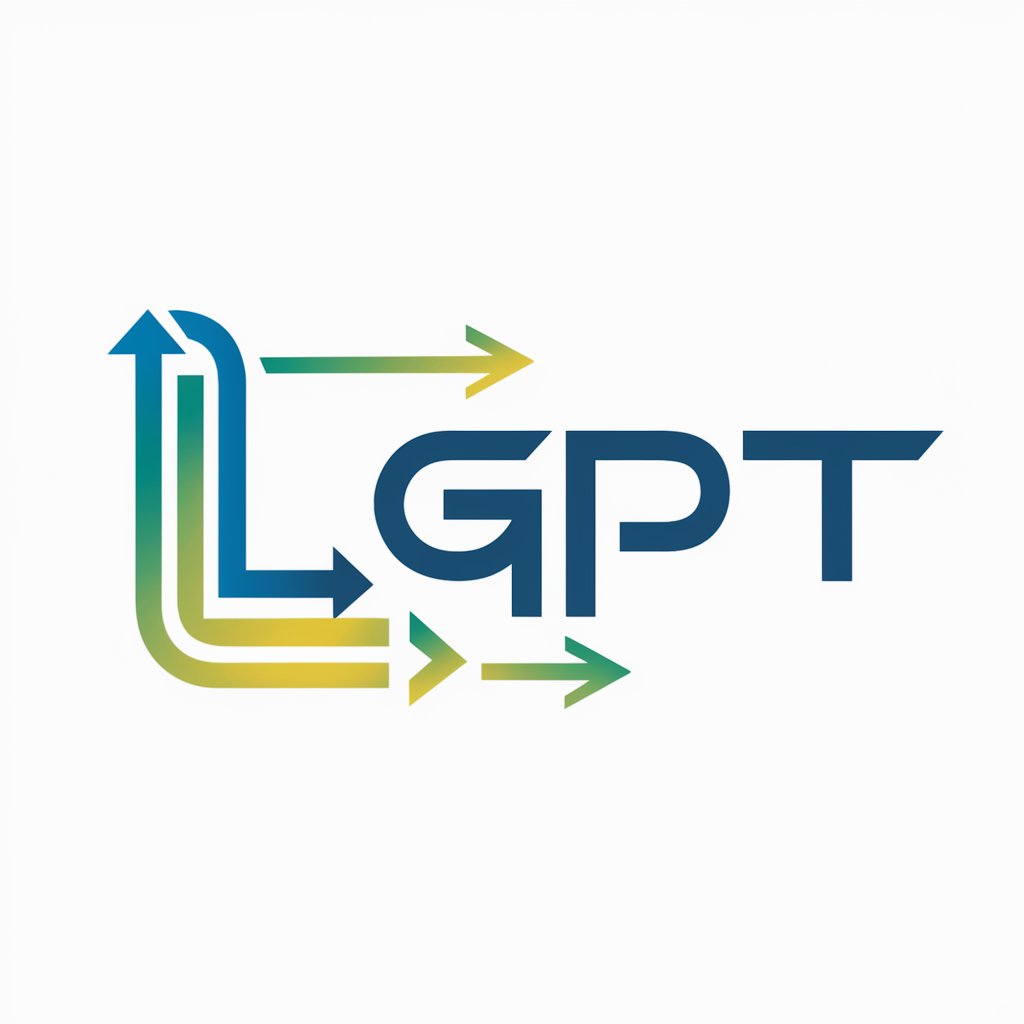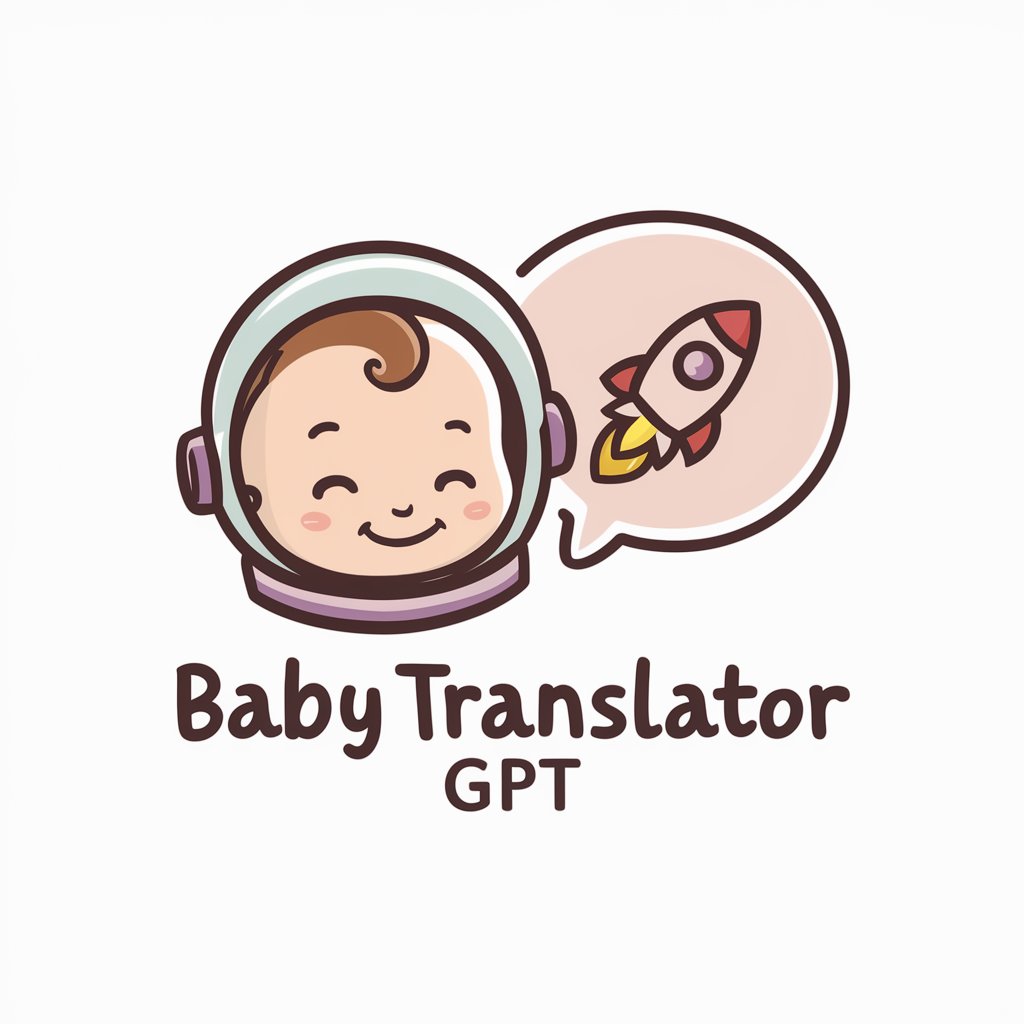
LogGPT - AI-Driven Logistics Optimization

Hello! How can I assist you with your logistics needs today?
Revolutionizing logistics with AI-powered insights
How can I optimize my supply chain to reduce costs?
What are the best practices for warehouse management?
How can I improve last-mile delivery efficiency?
What are the key benefits of using a Transportation Management System (TMS)?
Get Embed Code
Introduction to LogGPT
LogGPT is a specialized AI developed to serve as an expert in logistics, offering consultation, insights, and solutions related to logistics management, supply chain optimization, transportation, and warehousing. Designed to prioritize accuracy and practicality, LogGPT provides valuable sector-specific knowledge. This AI helps users navigate the complexities of logistics without overwhelming technical details unless explicitly requested, focusing on real-world applicability. For instance, LogGPT can analyze supply chain inefficiencies, suggest improvements, and help plan better distribution strategies. Powered by ChatGPT-4o。

Main Functions of LogGPT
Supply Chain Optimization
Example
Analyzing transportation routes to reduce costs and improve delivery times.
Scenario
A company struggling with high shipping costs and delayed deliveries uses LogGPT to simulate different routing scenarios to find the most cost-effective solutions.
Warehouse Management Advice
Example
Providing strategies for inventory layout to improve the efficiency of picking and packing processes.
Scenario
A retail business experiencing slow order fulfillment receives advice on rearranging their warehouse layout, which enhances their operational efficiency.
Transportation Management
Example
Suggesting the integration of advanced TMS (Transport Management Systems) to track and optimize shipments.
Scenario
A logistics company needs to improve its tracking system. LogGPT suggests specific TMS features that allow real-time tracking and better route planning.
Ideal Users of LogGPT Services
Logistics Managers
Professionals who are responsible for overseeing supply chain operations can use LogGPT to gain insights into better logistics practices, improve supply chain transparency, and make data-driven decisions.
Supply Chain Analysts
Analysts can leverage LogGPT to simulate different supply chain scenarios and predict the outcomes of various logistics strategies, helping their companies to optimize operations.
Small to Medium Business Owners
SMB owners can use LogGPT to find cost-effective logistics solutions, understand the basics of supply chain management, and integrate simple technologies to improve their overall supply chain.

How to Use LogGPT: A Step-by-Step Guide
Step 1
Visit yeschat.ai to start your free trial immediately, no login or ChatGPT Plus subscription required.
Step 2
Explore the available features or modules specific to your logistics needs, such as tracking, route optimization, or inventory management.
Step 3
Input your logistics data or connect LogGPT to your existing systems for seamless integration and data analysis.
Step 4
Utilize LogGPT's insights and recommendations to make informed decisions, improve your logistics operations, and enhance customer satisfaction.
Step 5
Regularly review the analytics and reports generated by LogGPT to continuously optimize your supply chain and logistics processes.
Try other advanced and practical GPTs
BlogGPT
Empowering creativity with AI

BlogGPT
Revolutionize Writing with AI

Bubble.io Expert GPT
Elevating Bubble.io Development with AI

Bubble.io Bot Assistant
Elevate Your Bubble.io Projects with AI

Bubble.io Development Estimator
Estimate development time with AI precision

Bubble.io Maestro
Empowering your app development journey with AI.

Wordsmith BlogGPT
Empower Your Writing with AI

【楽しく優しく学ぶ!】言語化トレーナー
Empower Your Words with AI

Board Game Wizard
Master Board Games with AI

Healer Energy
Empowering Your Wellness Journey with AI

Energy Advisor
Powering savings with AI-driven advice

Energy Insight
Optimize energy, reduce emissions with AI

Frequently Asked Questions About LogGPT
What types of logistics operations can LogGPT optimize?
LogGPT can optimize a wide range of logistics operations, including delivery route planning, inventory management, freight auditing, real-time tracking, and supply chain visibility, tailored for both B2B and B2C scenarios.
Can LogGPT integrate with existing logistics software?
Yes, LogGPT is designed to integrate seamlessly with existing logistics software systems, enabling data sharing and analytics across platforms for a holistic view of your supply chain operations.
How does LogGPT use AI to improve logistics?
LogGPT employs AI algorithms to analyze logistics data, predict trends, and identify optimization opportunities in route planning, inventory levels, and delivery schedules, ensuring efficient operations and reducing costs.
Is LogGPT suitable for small businesses?
Absolutely, LogGPT is scalable and can be tailored to meet the logistics needs of small businesses, providing them with the tools to compete effectively by optimizing their delivery times and reducing operational costs.
What support options are available for LogGPT users?
LogGPT offers comprehensive support through a dedicated help center, online resources, and a customer service team available via chat, email, or phone to assist with any questions or issues.





